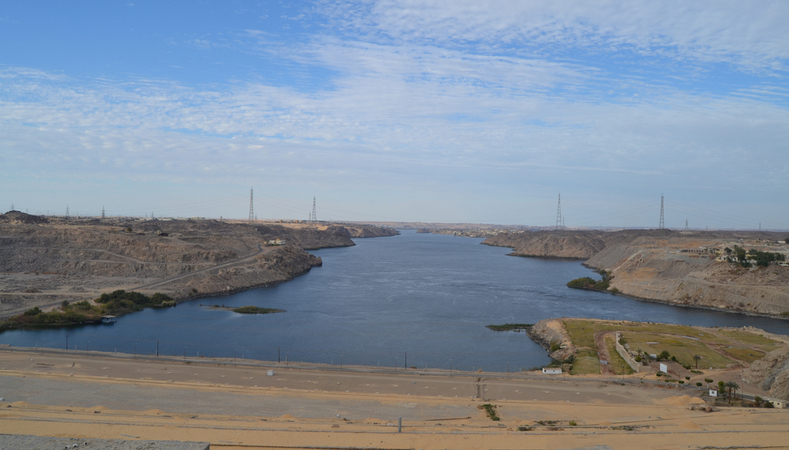Sudan reiterates call for new approach on GERD negotiations

Sudan has once again called for changing the approach of the negotiations regarding the Grand Ethiopian Renaissance Dam (GERD) that recently took place in the Congolese capital of Kinshasa.
According to a report by Sudan’s news agency SUNA, Sudan’s Foreign Minister Mariam Al-Sadiq Al-Mahdi participated in the meeting to present Khartoum’s vision on the issue. While addressing a ministerial session in Kinshasa on Monday, she asserted that the previous rounds of GERD talks that took place under the patronage of the African Union (chaired by South Africa) were ineffective and wasted 200 days.
“The result was a retreat even from what had already been achieved and agreed upon in the previous rounds,” she added. Al-Mahdi went onto reiterate the call for a new methodology in order to “avoid the negative aspects of the past”. She further urged the African Union to lead the mediation in order to overcome the deadlock caused by previous negotiations.
In this regard, the Sudanese foreign minister suggested the “1+3 formula” for future talks, under which the African Union will lead the mediation talks with the support of the United Nations, the European Union and the USA. She underlined the aim behind the formula to achieve a fair and binding agreement to facilitate the filing and operations of the GERD.
Notably, Ethiopia had earlier rejected Sudan’s recommendation for Quartet mediation, while it was welcomed by Egypt. Reaffirming Sudan’s rejection for unilateral filling of the GERD, Al-Mahdi called for innovative solutions to prevent undesirable conflicts and to protect the communities in the region.
“The first unilateral filling of the dam by Ethiopia without agreement or data exchange, on the right time, with Rosseires Dam led to thirst and affected the irrigation and the needs of the animal wealth and industry, especially, in Khartoum” the minister noted. She also highlighted that Sudan continues to remain convinced that the Renaissance Dam will prove to be a link for the three countries to strengthen their complementarities for the welfare of around 250 million people living on the bank of the Nile.
Sudan, Egypt, and Ethiopia have been conducting several meetings to discuss the legal and technical issues regarding the filling and operations of GERD. Foreign ministers and irrigation ministers of the three concerned nations have been participating in the meetings to reach a fair agreement on the issue.
Ethiopia established the massive GERD in 2011 with the aim of generating electricity for its 110 million population after facing an acute power shortage. However, Nile-dependent countries such as Egypt and Sudan have expressed their discontent with the dam, asserting that it will affect their share of water resources.




